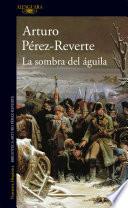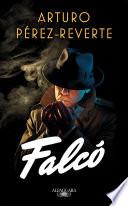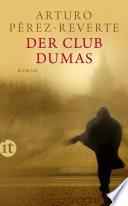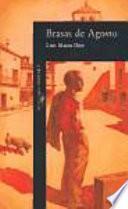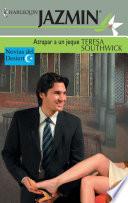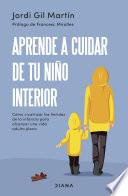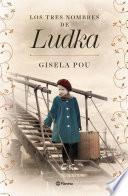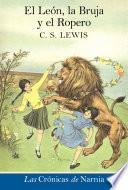Línea de fuego / Line of Fire
Sinopsis del Libro
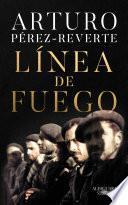
Premio Nacional de la Crítica 2020 Por primera vez, después de treinta años de exitosa carrera literaria, Arturo Pérez-Reverte aborda de forma directa, en una espléndida novela, el episodio más trascendental de la historia reciente de España: la Guerra Civil, para contar la memoria de nuestros padres y abuelos, que es nuestra propia historia. En la noche del 24 al 25 de julio de 1938, durante la batalla del Ebro, 2.890 hombres y 14 mujeres de la XI Brigada Mixta del ejército de la República cruzan el río para establecer la cabeza de puente de Castellets del Segre, donde combatirán durante diez días. Sin embargo, ni Castellets, ni la XI Brigada, ni las tropas que se le enfrentan en Línea de fuego existieron nunca. Las unidades militares, los lugares y los personajes que en esta novela aparecen son ficticios, aunque no lo sean los hechos ni los nombres reales en que se inspiran. Fue exactamente así como padres, abuelos y familiares de numerosos españoles de hoy combatieron en ambos bandos durante aquellos días y aquellos trágicos años. La batalla del Ebro fue la más dura y sangrienta de cuantas se han librado en nuestro suelo, y sobre ella hay abundante documentación, partes de guerra y testimonios personales. Con todo eso, combinando rigor e invención, el autor más leído de la literatura española actual ha construido, no ya una novela sobre la Guerra Civil, sino una formidable novela de hombres y mujeres en cualquier guerra: un relato ecuánime y fascinante donde se recupera la memoria de nuestros padres y abuelos, que es también nuestra propia historia. Con Línea de fuego, Arturo Pérez-Reverte sitúa con sobrecogedor realismo al lector entre quienes, voluntarios o a la fuerza, estuvieron no en la retaguardia, sino peleando en ambos bandos en los frentes de batalla. En España se han escrito muchas y excelentes novelas sobre esa contienda desde distintas posiciones ideológicas, pero ninguna como ésta. Nunca antes la Guerra Civil se había contado así. «Cubrí varias de ellas como reportero, y hay un momento en que descubres que una guerra civil no es la lucha del bien contra el mal... Sólo el horror enfrentado a otro horror.» -Arturo Pérez-Reverte ENGLISH DESCRIPTION For the first time, after a successful thirty-year literary career, Arturo Pérez-Reverte directly addresses, in a splendid novel, the most momentous episode in the recent history of Spain, the Civil War, to recount the memory our parents and grandparents, which is our own story. On the night of July 24-25, 1938, during the Battle of the Ebro, 2,890 men and 14 women from the 11th Mixed Brigade of the Republic Army crossed the river to establish the bridgehead of Castellets del Segre, where they would fight for ten days. However, neither Castellets, nor the 11th Brigade, nor the troops facing them in Line of Fire ever existed. The military units, places, and characters that appear in this novel are fictitious, although the facts and the real names that inspire them are not. It was exactly like this that parents, grandparents, and relatives of many Spaniards on both sides fought during those tragic days and years. The battle of the Ebro was the harshest and bloodiest of those that have been fought on our soil, and there is abundant documentation, war reports, and personal testimonies. Using that, combining rigor and research, the most widely read author in contemporary Spanish literature has constructed, not only a novel about the Civil War, but a formidable novel about men and women in any war: a fair and fascinating story where he recovers the memory of our parents and grandparents, which is also our own history. With Line of Fire, Arturo Pérez-Reverte places the reader, with overwhelming realism, among those who, voluntarily or by force, were not on the sidelines, but were fighting on both sides on the battle front. In Spain, many excellent novels have been written about this conflict from different ideological angles, but none...
Ficha del Libro
Autor:
Categoría:
Formatos Disponibles:
MOBI, PDF, EPUB, AZW
Descargar Libro
Valoración
3.4
55 Valoraciones Totales
